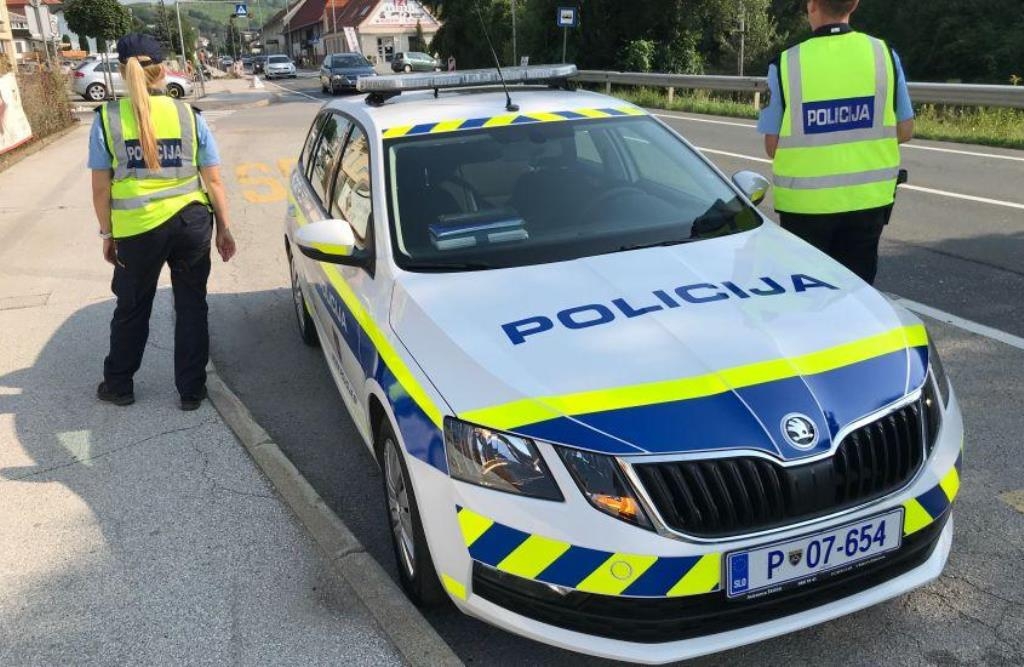Strict new measures to contain the coronavirus epidemic entered into force on Monday, as movement has been additionally restricted and shopping rules tightened to protect the most vulnerable groups.
Starting today Slovenians will be confined to their home municipality for most daily activities except to go to work, to do farm work, provide assistance to persons in need of care, and access emergency services, pharmacies, diplomatic missions and judicial authorities.
Police will control whether a person has justifiably left own municipality, so it advises people to have a note proving the necessity of going to another municipality, although no such note is explicitly mentioned in the decree. “This should make it easier for the police and shorten the procedure for the people,” it said on Twitter.
Within their municipality people will still be allowed to go to shops and access services that are provided despite the sweeping lockdown, and if such services are not available in their municipality they will be allowed to go to the nearest place where they are available.
For most people public parks have been the only nature they have been able to enjoy during the lockdown and the new decree stipulates that people may only access parks within their own municipality. Mayors may introduce additional restrictions.
A number of mayors have told the STA that they are in favour of the new measures, deeming them necessary, most notably for tourist spots in the country.
Some are planning to ramp up the measures by restricting movement at the most popular destinations if people keep flocking to them.
Janez Fajfar, the mayor of lakeside resort Bled, said that the government had acknowledged warnings and calls for stepping up measures by municipalities that saw an influx of visitors over the weekend.
“The measure, as strict as it is, has come at the right time,” he told the STA, adding that police officers, security officers as well as volunteers would ensure that the restriction was heeded at Bled.
For those who do venture to shops, face masks, even ones made at home, or equivalents such as scarves that cover the mouth and nose will be mandatory along with protective gloves; the decree stipulates that masks and gloves need to be worn in indoor public spaces.
The Murska Sobota civil protection service is to provide the protective gear for the locals in cooperation with shops, banks, post offices and other public institutions. The city in the north-east has ordered 10,000 face masks from a local producer to secure the supply.
Shops are also subject to new rules. In the first two hours after opening, from 8am to 10am, shops are reserved for pensioners, the disabled and pregnant women, groups that are seen as being at particular risk. What is more, pensioners will not be allowed into shops after 10am at all.
Another new rule, which took effect on Sunday, requires the managers of all multi-apartment buildings to disinfect at least twice a day frequently touched surfaces such as door knobs, light switches and elevator buttons.

